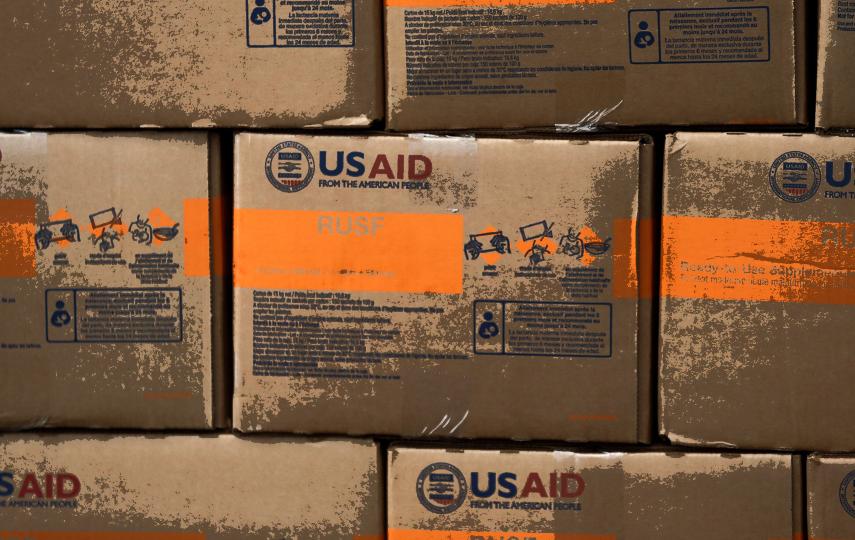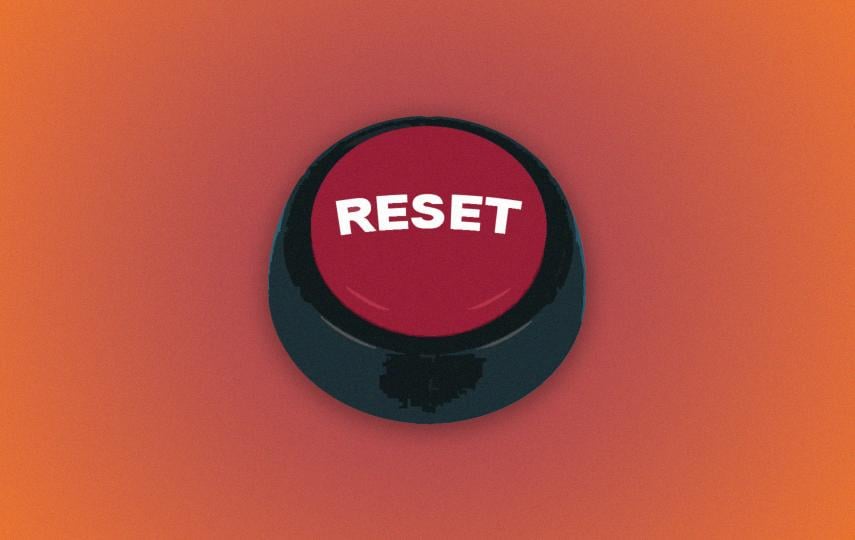European governments are making it very clear that they are preparing for war in Europe once again.
At the NATO summit in The Hague last week, government after government pledged to boost defence spending – part of a broader trade-off that has drained aid budgets in parallel.
The political assumption of peace in Europe is over. At the same time, a new scale of climate-related emergency is beginning. Greater humanitarian preparedness is now essential to meet this combination of challenges across the continent.
If European governments are strengthening their military defence, they must also strengthen their humanitarian preparedness in line with their obligations in the Geneva Conventions.
This made a June gathering in Kyiv, hosted by the Ukrainian Red Cross, a timely wake-up call. Many of the 25 European Red Cross societies at the conference are routinely preoccupied with more routine peace time roles today. That will have to change.
The Ukrainian Red Cross’ rapid growth and constant experience of war has made them one of Europe’s most professional – and certainly its most war-tested – Red Cross societies. Over two days, leaders and experts from the Ukrainian Red Cross and the Ukrainian Civil Protection Department shared their experience of scaling up, adapting to armed conflict, and professionalising fast.
Humanitarians at many European Red Cross societies may have experience working at train crashes, a wildfire, a football match, or even running complex blood supply services and hospital discharge services. But this is very different to responding to casualties at multiple urban bomb sites.
As the director general of the Ukrainian Red Cross, Maksym Dotsenko, advised: “You can never be completely prepared, and you must always be ready to adapt and change track. For example, we never expected to have so many boats, but the destruction of the dam meant we suddenly had to operate on water to save civilians in an ecological crisis.”
Like national societies in Syria, Türkiye, Palestine, Israel, Nigeria, Myanmar and elsewhere around the world, years of war have given Ukrainian Red Cross staff and volunteers impressive expertise and first-hand experience in the roles asked of them in the Geneva Conventions: civilian rescue and evacuation; care for the wounded and sick; the provision of relief; family tracing and reunification; humanitarian logistics; and close working relationships with their national and local authorities.
The possibility of war at home now requires European Red Cross societies to train staff in their domestic departments to do what many of their counterparts elsewhere have been doing for years.
Europe’s Red Cross societies contribute enormously to the welfare of their populations, often providing “blue light” services like ambulance networks, first aid, and rescue – while working closely as humanitarian partners with their governments.
But war-time demands are different in intensity, skill, endurance, and risk. For many attending the conference from their domestic leadership teams, the three nights in Kyiv were their first experience of bombing and air raid shelters. This brought an important sense of reality and challenge to the meeting.
Humanitarians at many European Red Cross societies may have experience working at train crashes, a wildfire, a football match, or even running complex blood supply services and hospital discharge services. But this is very different to responding to casualties at multiple urban bomb sites, where humanitarian staff might fall victim to a “double tap” attack. Peacetime services are also different to providing urgent relief supplies to millions of displaced people moving fast across your country.
As humanitarian auxiliaries to their governments, European Red Cross societies will now be expected to step up their readiness for armed conflict at home to keep pace with government planning. After years of humanitarian support to their Red Cross and Red Crescent partners in wars in other people’s countries, European national societies must now plan, train, and reskill for the possibility of direct or hybrid warfare in their own countries once again.
War humanitarianism is a very particular skill set and must be integrated well into Red Cross teams as part of their much wider preparedness for rising humanitarian needs from heatwaves, droughts, wildfires, and floods.
One main message repeatedly rang out from the conference rooms in Kyiv: International armed conflict is only one risk among many for which today’s European Red Cross societies must prepare.
Increasing climate-related hazards, another pandemic, cyberattacks, and the possibility of armed conflict and large-scale displacement or migration mean that every Red Cross needs to be well integrated with government emergency services to help shape a resilient “all-risk” preparedness at national and local levels.
This work needs to start now. European governments’ new sense of urgency around armed conflict should be a catalyst for much wider all-risk preparedness in every European country.





